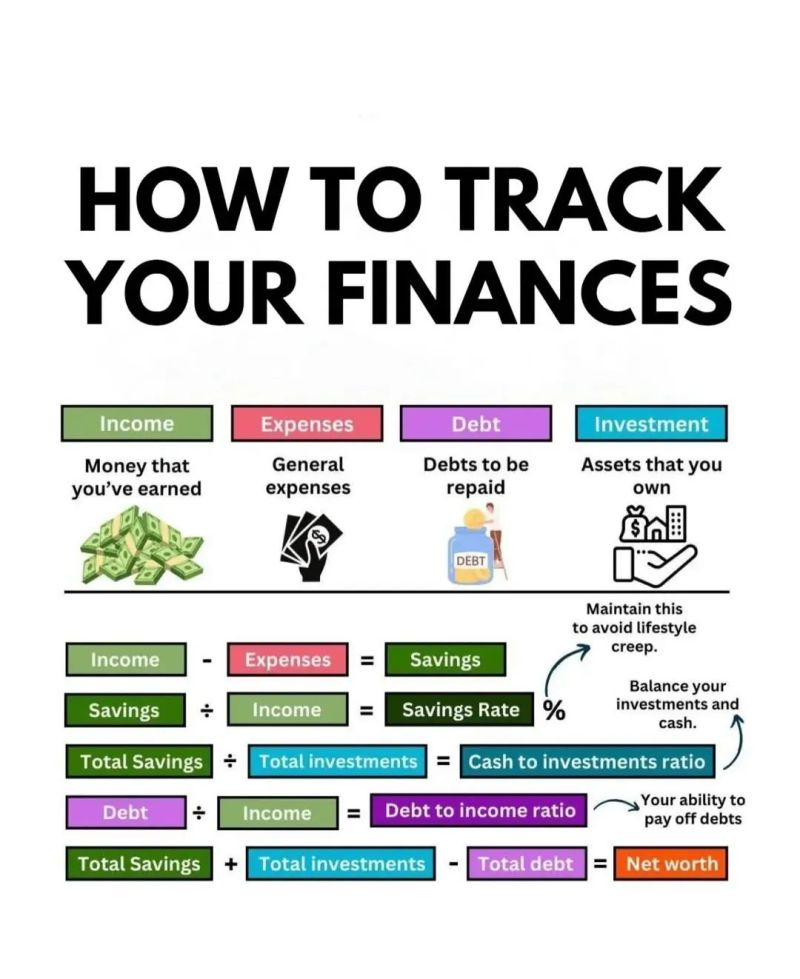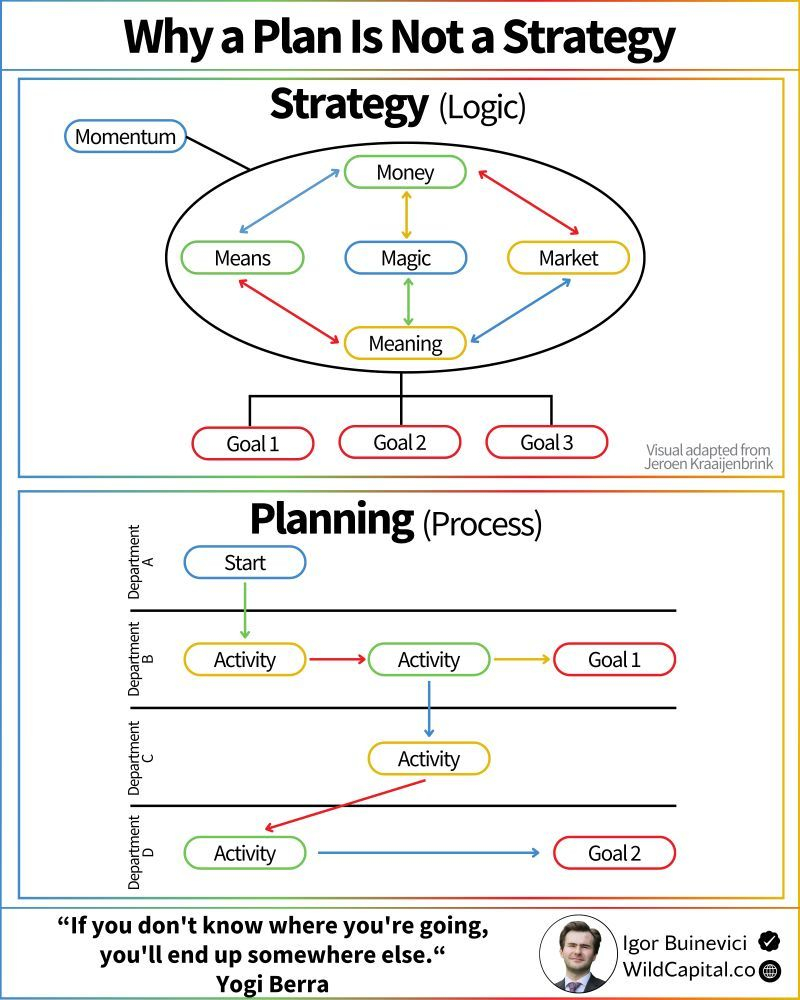4 Levels of Strategy Every Leader Should Understand.
Strategy isn’t just a boardroom buzzword, it’s the heartbeat of every thriving organization. From top to bottom, each level plays a crucial role in shaping direction, driving execution, and sustaining competitive advantage.
Here’s how it all connects
1️⃣ Corporate Level Strategy: Defines the vision, mission, and long-term goals of the organization. It’s where big-picture decisions are made by the Board and C-suite, about where the business is headed.
2️⃣ Business Level Strategy: Focuses on how each business unit competes within its market. It’s about positioning, differentiation, and building that all-important competitive edge.
3️⃣ Functional Level Strategy: Zooms into specific departments (marketing, finance, operations, HR). Here, the question is: How does each function contribute to the bigger goals?
4️⃣ Operational Level Strategy: Where the rubber meets the road. Team leaders and members execute the strategy daily, ensuring that vision turns into action.
Remember: A company’s success doesn’t depend only on having a great strategy, but on how aligned every level is in executing it.
As Henry Mintzberg wisely said,
“Strategy is a pattern in a stream of decisions.”
So as you step into this new week, ask yourself:
Is your team aligned across all four levels of strategy?
Are your daily actions reflecting your long-term vision?
Strategy isn’t just a boardroom buzzword, it’s the heartbeat of every thriving organization. From top to bottom, each level plays a crucial role in shaping direction, driving execution, and sustaining competitive advantage.
Here’s how it all connects
1️⃣ Corporate Level Strategy: Defines the vision, mission, and long-term goals of the organization. It’s where big-picture decisions are made by the Board and C-suite, about where the business is headed.
2️⃣ Business Level Strategy: Focuses on how each business unit competes within its market. It’s about positioning, differentiation, and building that all-important competitive edge.
3️⃣ Functional Level Strategy: Zooms into specific departments (marketing, finance, operations, HR). Here, the question is: How does each function contribute to the bigger goals?
4️⃣ Operational Level Strategy: Where the rubber meets the road. Team leaders and members execute the strategy daily, ensuring that vision turns into action.
Remember: A company’s success doesn’t depend only on having a great strategy, but on how aligned every level is in executing it.
As Henry Mintzberg wisely said,
“Strategy is a pattern in a stream of decisions.”
So as you step into this new week, ask yourself:
Is your team aligned across all four levels of strategy?
Are your daily actions reflecting your long-term vision?
🎯 4 Levels of Strategy Every Leader Should Understand.
Strategy isn’t just a boardroom buzzword, it’s the heartbeat of every thriving organization. From top to bottom, each level plays a crucial role in shaping direction, driving execution, and sustaining competitive advantage.
Here’s how it all connects 👇
1️⃣ Corporate Level Strategy: Defines the vision, mission, and long-term goals of the organization. It’s where big-picture decisions are made by the Board and C-suite, about where the business is headed.
2️⃣ Business Level Strategy: Focuses on how each business unit competes within its market. It’s about positioning, differentiation, and building that all-important competitive edge.
3️⃣ Functional Level Strategy: Zooms into specific departments (marketing, finance, operations, HR). Here, the question is: How does each function contribute to the bigger goals?
4️⃣ Operational Level Strategy: Where the rubber meets the road. Team leaders and members execute the strategy daily, ensuring that vision turns into action.
💡 Remember: A company’s success doesn’t depend only on having a great strategy, but on how aligned every level is in executing it.
As Henry Mintzberg wisely said,
✅ “Strategy is a pattern in a stream of decisions.”
So as you step into this new week, ask yourself:
👉 Is your team aligned across all four levels of strategy?
👉 Are your daily actions reflecting your long-term vision?
0 Comentários
0 Compartilhamentos
677 Visualizações
0 Anterior








